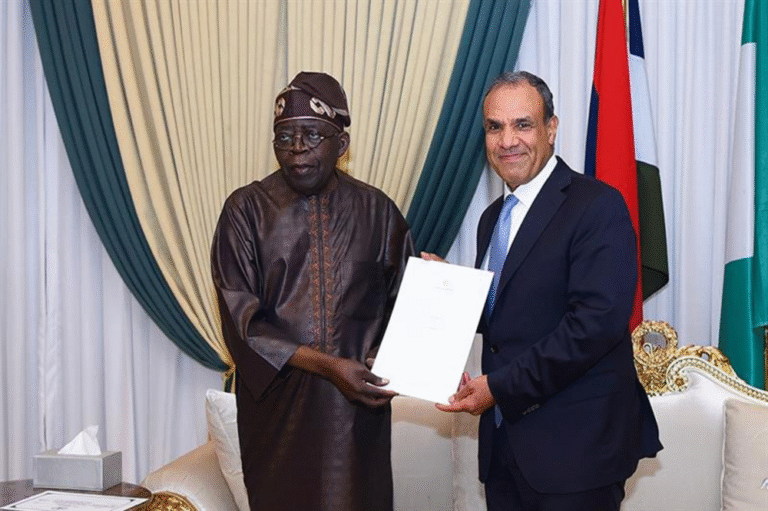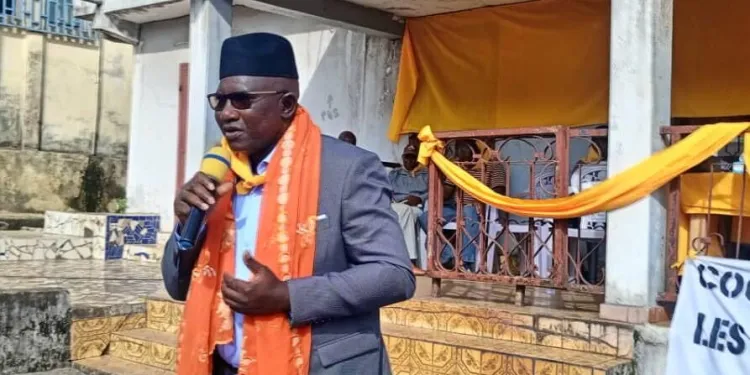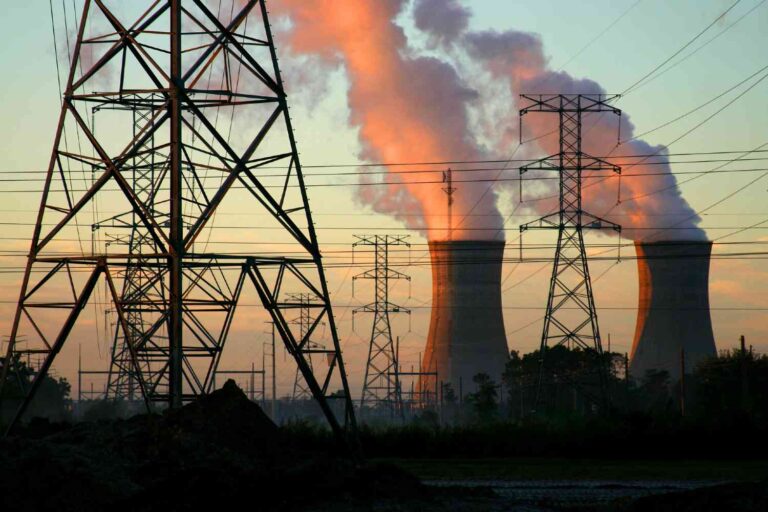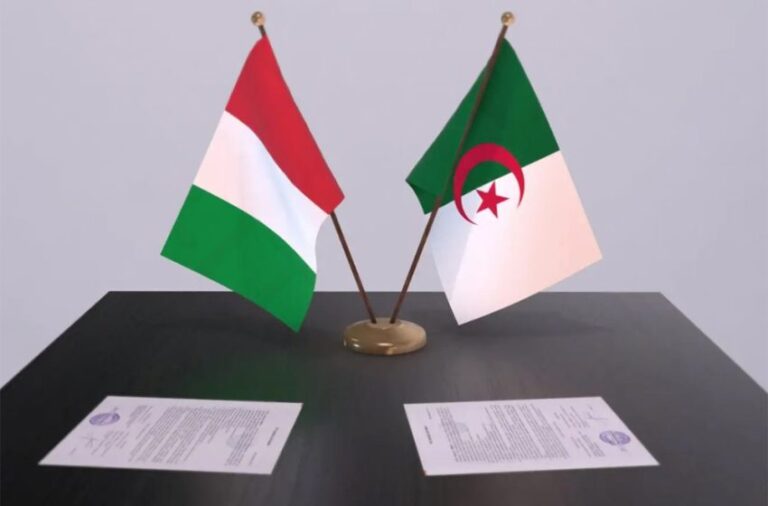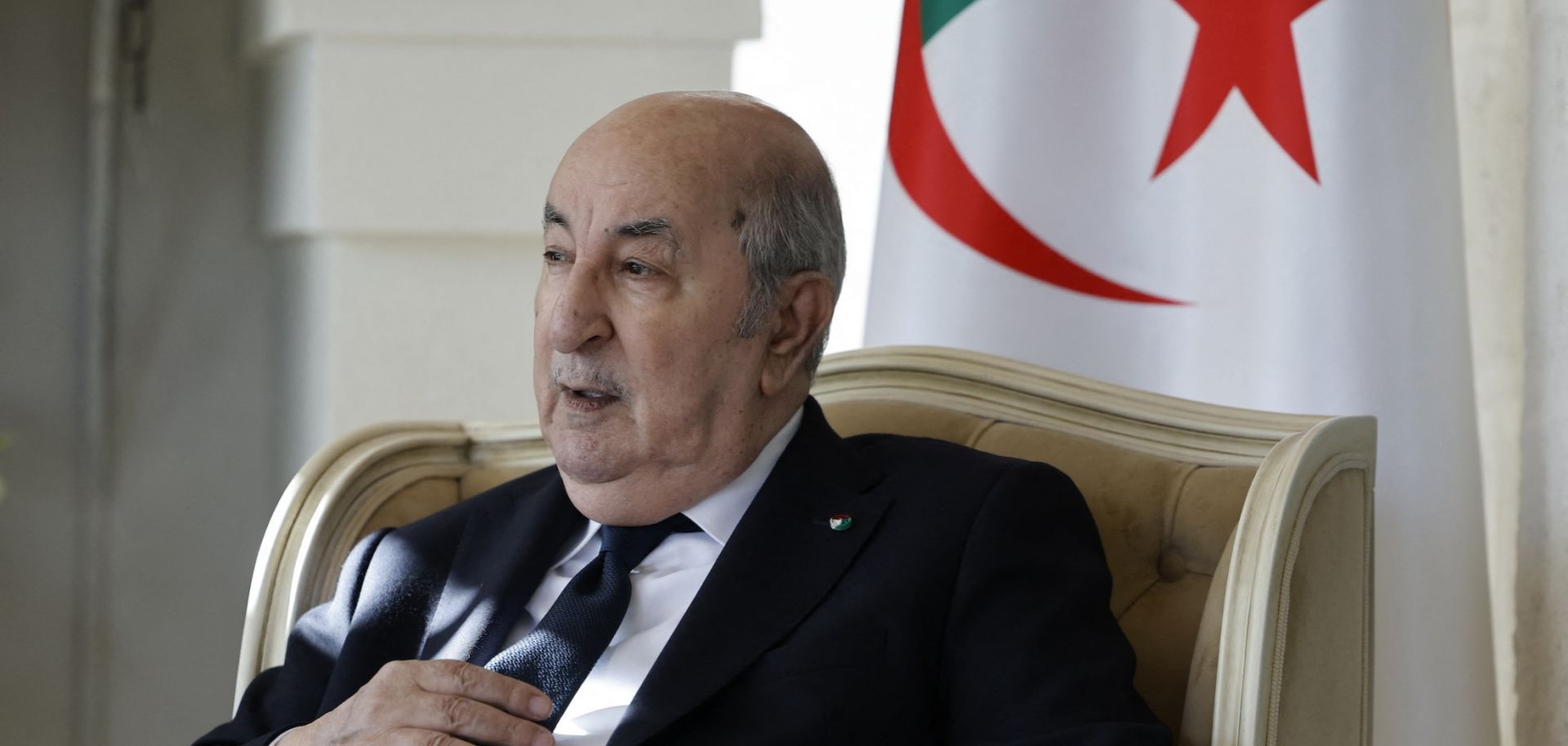
Algerian President Abdelmadjid Tebboune has declared that Algeria now leads all Mediterranean countries in economic growth, a milestone he attributes to sweeping reforms, record agricultural output, and a unified national economic vision.
Speaking to representatives of the national press, President Tebboune celebrated a landmark achievement: for the first time in 63 years, Algeria has reached self-sufficiency in the production of durum wheat.
He added that plans are underway to achieve the same milestone in the production of soft wheat, corn, and barley.
This year, Algeria’s agricultural production reached an estimated value of $38 billion—an impressive figure that comes close to rivaling the country’s hydrocarbon output.
“Agriculture was previously considered a social sector,” Tebboune remarked.
“Now, we have pioneering European experience in the field of agriculture.”
He underscored that Algeria’s economic path is firmly set.
“Everyone has agreed to adhere to the economic model we imposed, and anyone who deviates from it will pay the price,” he said firmly.
The president reaffirmed his support for local producers, referencing a previous pledge: “Anyone capable of producing sugar would be eligible to benefit from bank loans of up to 90 percent.”
He emphasized that the national economy must remain stable and protected from disruption, asserting that Algeria is “far removed from the crises created by food shortages.”
Rather than enforcing change through coercion, the president noted his preference for “persuasion and economic empowerment by providing financial incentives and inducements.”
In a separate press briefing, President Tebboune outlined Algeria’s ambitions in artificial intelligence, describing the nation as the only one in both Africa and the Maghreb taking concrete steps toward adopting the technology.
“We are also taking a secure step in the field of artificial intelligence,” he stated, highlighting the establishment of a higher school for AI studies.
“We believe in the future of artificial intelligence.”
The president revealed that Algeria’s army has already begun integrating AI technologies, but also acknowledged the accompanying risks.
“The use of artificial intelligence entails risks that must be carefully controlled,” he cautioned.
Turning to digitization, Tebboune pointed to its foundational role in Algeria’s broader economic transformation.
Although the country has not yet reached advanced stages, he noted that digitization ensures “the most effective management and evaluation in the best possible way.”
“We are moving towards comprehensive insurance by generalizing the digitization project,” he concluded, reaffirming his vision for a digitally empowered Algeria.
